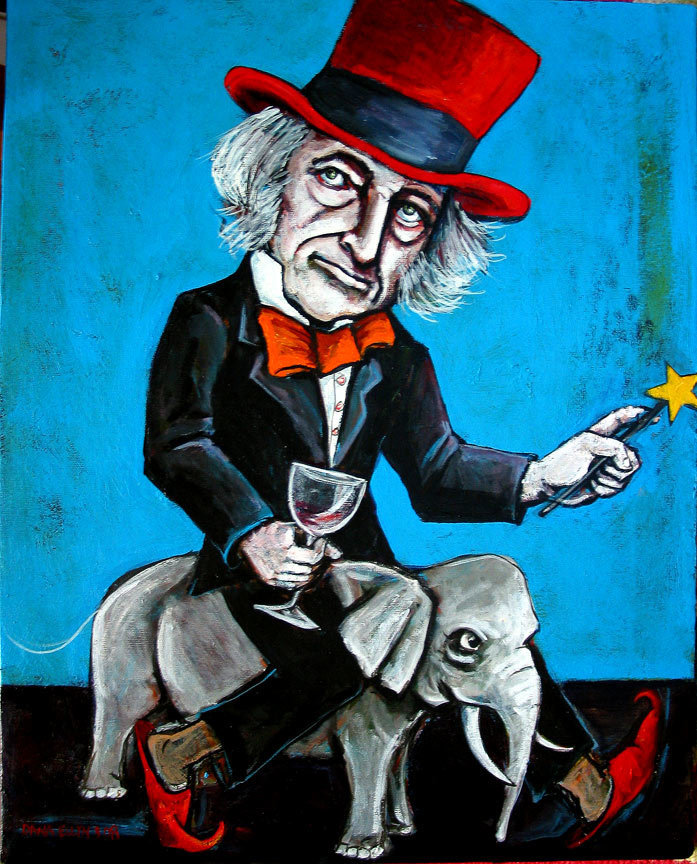Martin van Buren

Background
- December 5, 1782 – July 24, 1862 in Kinderhook, NY
- received a basic education at the schoolhouse in his village and went on to study Latin at Kinderhook Academy and at Washington Seminary. His formal education ended before he reached the age of fourteen, when he began reading law a the office of Peter Silvester.
- Admitted to the bar in 1803
- Established a law partnership with his brother
- Heavily involved in politics from the time he was 17
- Only president to have English as his second language (his first language is Dutch)
- staunch supporter of Andrew Jackson
- In office from March 4, 1837 – March 4, 1841
- Pre -1825 Democratic-Republican
- 1828-1848 Democratic
- 1848-1854 Free Soil Party
The Panic of 1837
- Caused by Andrew Jackson's veto of the bill to recharter the Second Bank of the United States. The veto of this bill allowed banks to raise their interest rates in response to economic expansion
- Van Buren was largely blamed for the panic and refused to introduce any legislation to improve the state of the country
- The aftermath lasted for seven years due to van Buren's failure to act
Foreign Policy
- Focused on keeping peace with foreign countries
- Instead of settling the financial dispute between US citizens and Mexico, he denied Texas' request to be annexed by the United States
- When Canada attempted to gain independence from Great Britain, van Buren sent General Winfeld Scott to the northern region of the US that was supplying Canada with weapons to inform citizens that he wished to resolve the issue peacefully
- van Buren declared the United States' neutrality in 1838 regarding the Canadian dispute
Domestic Policy
- supported further removal of Native Americans
- As a member of the Free Soil Party, van Buren was against the expansion of slavery
Executive Orders
- 1840 issued an order that laborers were only required to work the number of hours prescribed by the ten hour system
- Van Buren refused to overturn an executive order issued by the governor of Missouri, Lilburn Boggs. The order was known as the "Extermination Order" because it allowed troops to use force to drive Mormons out of the state. After Joseph Smith pleaded Congress and van Buren to overturn the order, van Buren said, "Your cause is just, but I can do nothing for you; if I take up for you I shall lose the vote of Missouri".
Vetoes
- Van Buren pocket vetoed a bill that provided the distribution of the Madison papers
- A pocket veto allows those with veto power to not necessarily veto a bill, but refuse to take action on it.
Martin van Buren was not an effective president. He was faced with a crisis which he could have handled using contractionary monetary policy. In addition, his "peaceful" foreign policy was not so much diplomatic as it was lazy. He simply kept the policies Jackson had put in place before him.
Martin van Buren
By gatescarolinel
Martin van Buren
- 1,027



